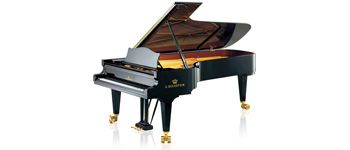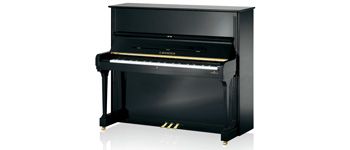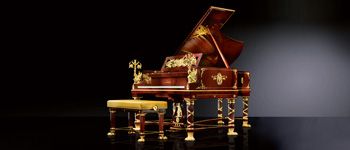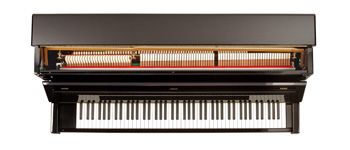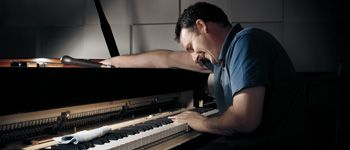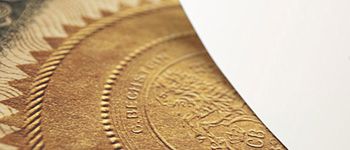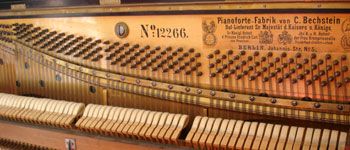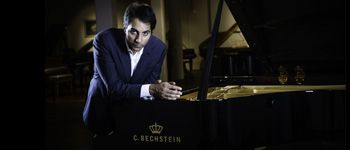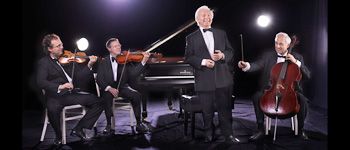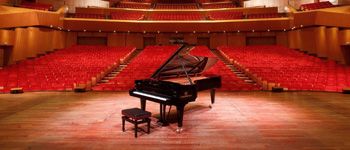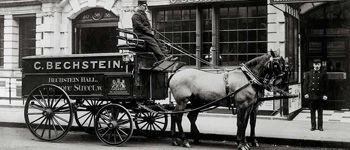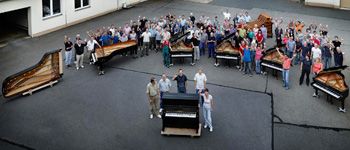Michele Campanella was born in 1947 in Naples geboren. At the age of 19 he won the Alfredo Casella, wich was the beginning of hies international career.
In 2011, as the world celebrated the bicentenary of Franz Liszt's birth, Michele Campanella dedicated his entire musical activity, both as pianist and conductor, to the Hungarian composer he studied and loved from the age of fourteen, engaging himself in a long series of solo concerts in Italy and abroad. In addition to his work as a musician, Campanella is also a writer. In 2011 his book “Il mio Liszt. Considerazioni di un interprete” was published by Bompiani. The book is the literary homage that Campanella has always wanted to dedicate to his beloved composer. In 2012 Michele Campanella received the prestigious prizes Premio Scanno and Premio Grotta di Tiberio for musical performance.
Foto @ Augusto de Luca
Michele Campanella plays Liszt's Bechstein
![Michele Campanella plays Liszt's Bechstein]()
"Michele Campanella plays Liszt’s Bechstein” is the title of a new CD that was published by Brilliant Classics in 2011. The Italian pianist plays rarities and late pieces such as “Historische Ungarische Bildnisse”, “Am Grabe Richard Wagners” and “Nuages gris” on the Bechstein grand piano that once belonged to Franz Liszt and stands today in the Liszt Room of the Palazzo Chigi Saracini, the concert room of Sienna’s Accademia Musicale Chigiana.In 1860, the Bechstein No. 247 was delivered to “Kapellmeister Franz Liszt” in Weimar and from there transferred to Rome, where the maestro used it until his death. The instrument then fell to Giovanni Sgambati, one of Liszt’s pupils. Upon his death in 1914, the piano was presumably purchased by Roberto Almagià, who in turn gave it Count Guido Chigi Saracini, founder of Sienna’s Accademia Musicale Chigiana.Marius Dawn reviewed the new CD in the issue No. 63 of the Pianist magazine (December 2011 / January 2012). He writes: “When Campanella plays the softer, later pieces, the piano’s fine and lightweight sonorities are clearly audible, however it breaks into brittle sharpness in the fortissimo passages. He is a fine Lisztian and I enjoyed listening to real rarities, like the Sancta Dorothea and some of the lesser-known Valses oubliées. Maybe more successful in a modern Bechstein.”
